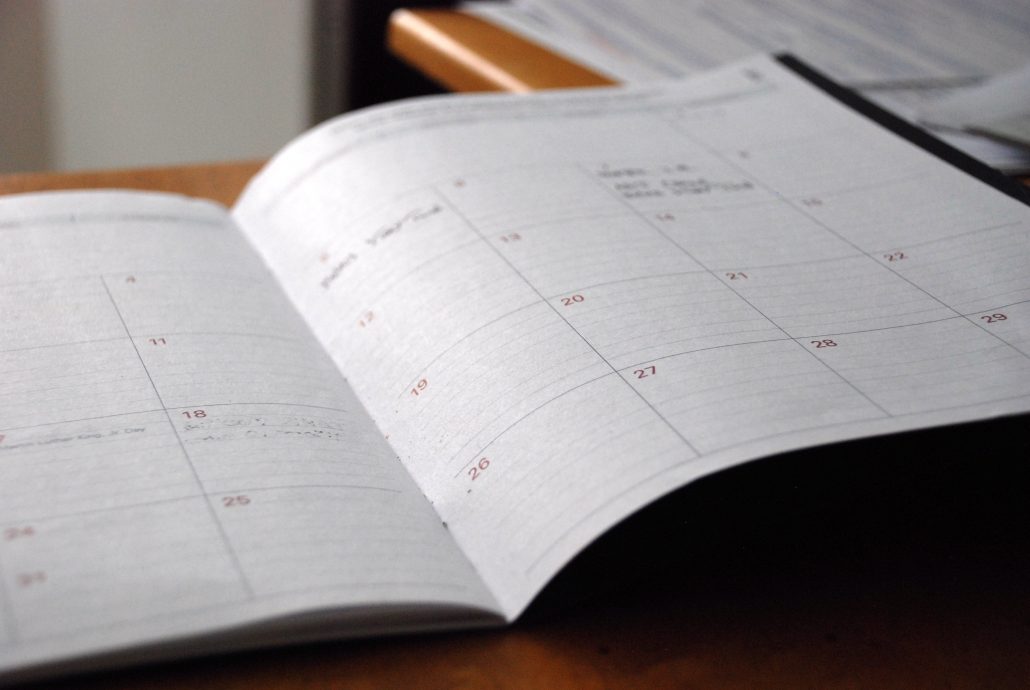12 Things Every Iowan Should Know About Estate Planning
Estate planning can sound confusing at first. But, when you break it down, it’s pretty simple! Here are the 12 basics every Iowan, (regardless of the size and value of the estate) should know.
Yes, You Need an Estate Plan
Everyone needs some kind of estate plan. If you’re young, healthy, unmarried, have no children, AND have no significant or unusual assets, perhaps you could talk me into the idea that you don’t entirely need an estate plan. Even in such rare cases, I strongly recommend making sure your beneficiary designations are completed and up-to-date. For example, beneficiary designations can be found on your checking and savings accounts and on your retirement benefit plan. But, if you’re married, and/or have kids, and/or have significant or unusual assets, and/or own part or all of a business, you most definitely need an estate plan. Even if you’re a young, single professional with just a pet, you need an estate plan.
What is an Estate Plan, Anyway?
In short, estate planning is just like it sounds—making a plan for your estate in the case of your death by naming who you want to receive the things you own and when. Even if you don’t think you do, you DO have an estate. Your estate is comprised of everything you own like your car, home, furniture, other real estate, checking and savings accounts, investments, life insurance, and personal possessions. Regardless of the size of your estate, the common denominator for everyone is that you can’t take it with you when you pass away.
Six Essential Estate Plan Documents
There are six documents that should be part of most everyone’s estate plan:
- Estate plan questionnaire
- Will
- Health care power of attorney
- Financial power of attorney
- Disposition of personal property
- Disposition of final remains
Let’s go through each document briefly, so you have a sense of what each entails.
Estate Plan Questionnaire
Estate planning involves facing heavy questions. Depending on the amount of assets and beneficiaries you have, it may also take quite a bit of time and thought. I recommend clients (and even those who aren’t my clients) complete my free Estate Plan Questionnaire.
An estate plan questionnaire is an easy way to get all of your information in one place, and it should help you understand and prioritize estate planning goals. (A completed questionnaire also makes it easier for your attorney to build your estate plan).
Last Will and Testament
The will is the bedrock document of every estate plan and it’s a little more complicated than other documents. (Don’t get confused—a will is what most people reference when they’re actually talking about an estate plan.)
At the very least you’ll be answering three major questions in your will:
- Who do you want to have your stuff? A will provides orderly distribution of your property at death, according to your wishes.
- Who do you want to be in charge of carrying out your wishes as expressed in the will? The “executor” is the person who will be responsible for making sure the will is carried out as written.
- Who do you want to take care of your children? If you have minor children (under age 18), you’ll want to designate a legal guardian(s) who will take care of your children until they are adults
Health Care Power of Attorney
A power of attorney for health care document designates someone to handle your health care decisions for you if you become unable to make those decisions for yourself. This essentially gives another person the power to be your voice and make medical decisions in your best interest. For example, if you don’t want to receive life support, you can clearly outline that in your power of attorney for health care. Keep in mind that power of attorney for health care isn’t just about end-of-life decisions—it can cover any medical situation.
Financial Power of Attorney
The power of attorney for financial matters is similar to the power of attorney for health care; only your designated agent has the power to make decisions and act on your behalf when it comes to your finances. This gives the selected agent the authority to pay bills, settle debts, sell property, or anything else that needs to be done if you become incapacitated and unable to do this yourself.
Disposition of Personal Property

Disposition of personal property is a form where you get specific about items you want particular people to have. If you’re leaving everything to one or two people, then you may not need to fill this out. But, if you want your niece Suzie to have a specific piece of jewelry, and your best friend Karl to have that antique bookshelf, then you would say so in this document.
Disposition of Final Remains
This document is where you get to tell your loved ones exactly how you want your body to be treated after you pass away. If you want a marching band and fireworks shooting your ashes into the sky (that’s a thing, by the way), then this is where you make it known. It can be as general as simply saying “I want to be cremated,” or it can be specific and include details of plots you’ve already purchased or arrangements you’ve already made.
Keep Updated and Current
OK, so you’ve gone to an estate planning lawyer, and these six “must have” estate planning documents have been drafted and signed. What else? You need to keep these documents updated and current. Reviewing your estate plan annually is solid practice I recommend to all of my clients. If you undergo a major life event, you should revisit with your estate planning lawyer to see if this life event requires changing your estate planning documents.

Don’t Forget About Beneficiary Designations
In addition to your estate plan, you must not forget about your beneficiary designations. For example, savings and checking accounts, life insurance plans, annuities, 401(k)s, pensions, and IRAs are all transferred via beneficiary designations. Regarding assets with beneficiary designations, you must make sure that designations are correctly filled out and supplied to the appropriate institution(s). Beneficiary designations actually trump your estate plan if there is a discrepancy in beneficiaries.
Six “Must Have” Estate Planning Documents, Beneficiary Designations, Keeping It All Current…What Else?
Questions? Want to discuss your individual situation? Don’t hesitate to reach out to me via email (gordon@gordonfischerlawfirm.com) or give me a call at 515-371-6077. Want to seize the day (and your legacy!) and get started? Click to the Estate Plan Questionnaire.



